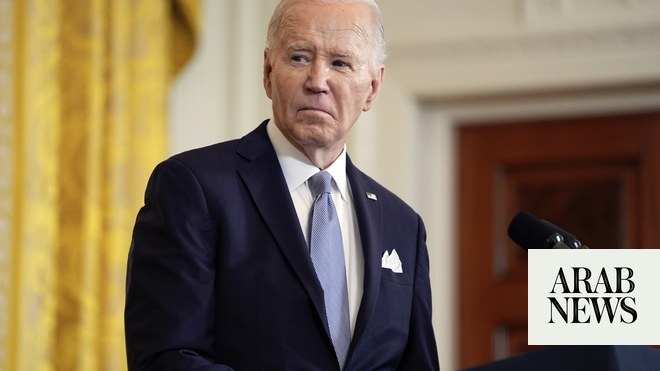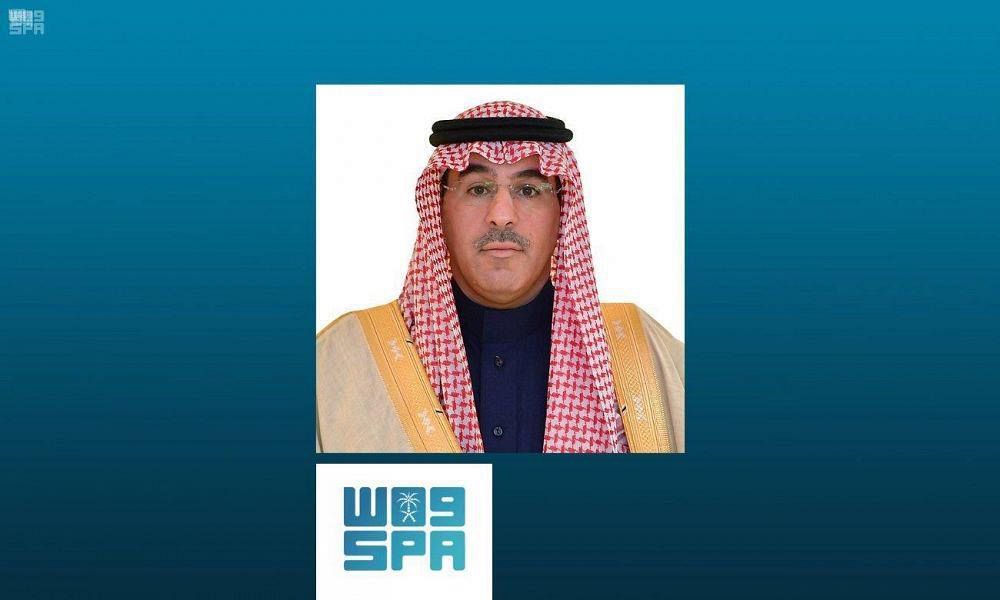
Human rights groups have condemned the confirmation that Formula One is to hold a race in Saudi Arabia next year. The country’s human rights record has been described by Amnesty International as “heinous” and it and Human Rights Watch have characterised the event as a blatant attempt at sportswashing to legitimise the country’s repressive regime.
The night race is set to take place on a street circuit in Jeddah as the penultimate meeting of the season. It is believed the deal with Saudi Arabia will last 10 years, with the intent to begin racing on a purpose-built circuit outside Riyadh in 2023.
Minky Worden, the Human Rights Watch director overseeing sport, was unequivocal in condemning the decision. “Sporting bodies like Formula One and the FIA cannot ignore the fact they and fans are being used for sportswashing,” she said. “It is part of a cynical strategy to distract from Saudi Arabia’s human rights abuses, detention and torture of human rights defenders and women’s rights activists.
“Formula One has made human rights commitments, and should explain how the company’s operations will improve human rights in Saudi Arabia. Have F1 staff used their negotiations with Saudi leaders to advocate for the release of women’s rights activists whose only crime was advocating for the right to drive? Fans, media and race teams should use this moment to say their sport should not be associated with such serious human rights abuses.”
F1 made a public commitment to equality this year, launching its “we race as one” initiative to promote inclusivity and diversity across race, gender and sexuality within the sport. However, in November last year Amnesty condemned an announcement issued by Saudi Arabia’s state security agency categorising feminism, homosexuality and atheism as “extremist ideas”.
Amnesty’s Middle East and North Africa director, Heba Morayef, cited it as a clear indication of the true nature of the regime. “The Saudi state security agency’s announcement which labels feminism, atheism and homosexuality as extremist ideas punishable by jail and flogging is outrageous – clearly contradicting the kingdom’s bogus reformist image which crown prince Mohammed bin Salman continues to flaunt internationally.”
Felix Jakens, Amnesty UK’s head of campaigns, called for teams and drivers to speak out: “With critics of the government either jailed, exiled or hounded into silence, the Saudi authorities have pursued a twin-track approach of crushing human rights while throwing large amounts of money at glittering sporting events.
“The bitter irony over a Saudi Grand Prix is that the very people who fought for the rights of Saudi women to be able to drive are now themselves languishing in jail. Brave people like Loujain al-Hathloul and Nassima al-Sada. In the lead-up to the race, we’re saying to F1 drivers, owners and teams they should brief themselves on the dire human rights situation in the country and be prepared to speak out about the plight of Loujain, Nassima and others.”
When asked last week about the prospect of a GP in Saudi Arabia, Lewis Hamilton, who has been strident in his campaign for diversity and equality in F1, said he would need to find out more abut the regime before making a judgment. At the Emilia Romagna GP the world champion wore a Black Lives Matter T-shirt that included the phrase “Women’s rights are human rights”.
Saudi Arabia has been making a concerted effort to host major sporting events in recent years, including Formula E meetings and a world heavyweight title fight between Anthony Joshua and Andy Ruiz Jr. The Spanish Super Cup was held in Jeddah and in February the world’s richest horse race, the Saudi Cup, was run in the capital. The state’s sovereign wealth fund recently failed in a takeover bid for Newcastle.
F1 has lost huge amounts of income this season with races cancelled and meetings held behind closed doors. The reported $50m (£38.7m) fee for Saudi Arabia would be a major boost.
Formula One said in response: “For decades F1 has worked hard to be a positive force everywhere it races, including economic, social and cultural benefits. Sports like F1 are uniquely positioned to cross borders and cultures to bring countries and communities together to share the passion and excitement of incredible competition and achievement.
“We take our responsibilities very seriously and have made our position on human rights and other issues clear to all our partners and host countries who commit to respect human rights in the way their events are hosted and delivered.”
The calendar has yet to be ratified by the World Motor Sport Council but next year’s 23-round F1 schedule is expected to be signed off in the coming weeks.
Saudi authorities were approached by the Guardian for a response to this article but have yet to respond.










